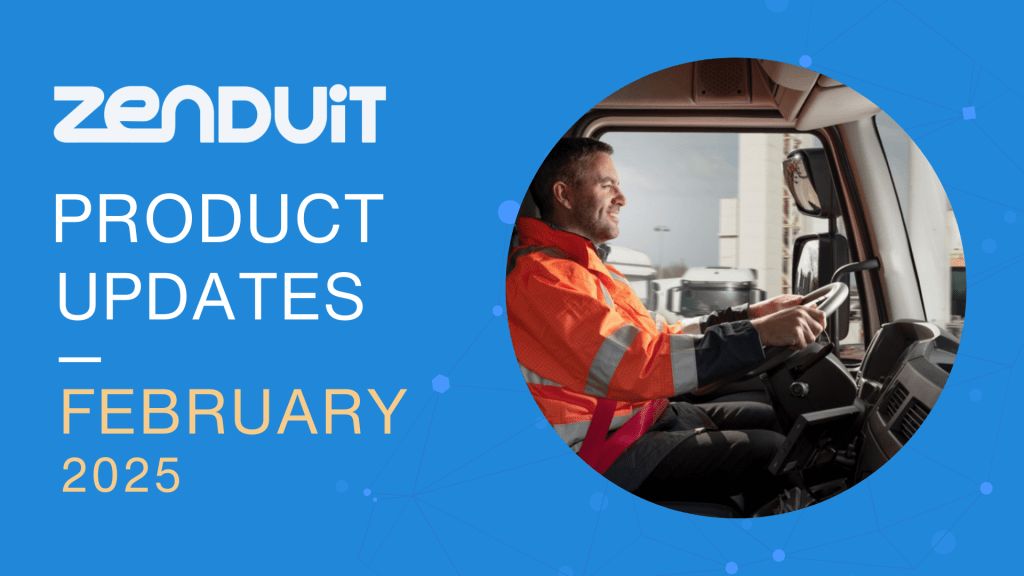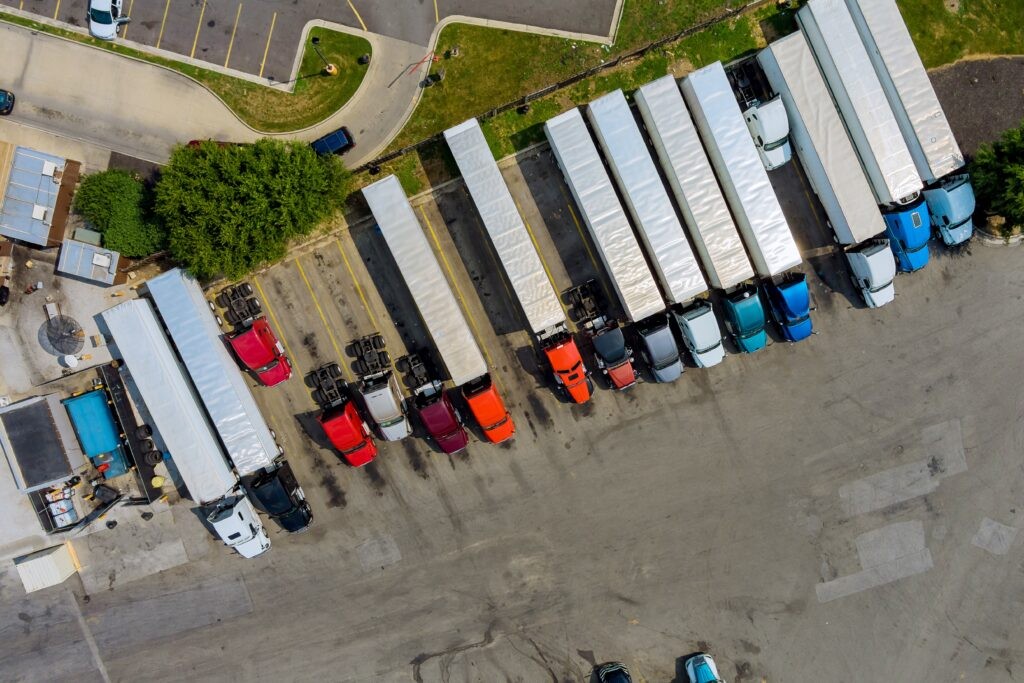Telematics is a technology field that incorporates telecommunications, computer science, engineering and vehicle technology. When we talk about telematics for fleets, all of these disciplines are combined and applied synergistically for safer and more efficient vehicles.
Telematics has wide usage within the commercial fleet industry, and can be leveraged to provide insights to fleet managers and stakeholders about their drivers, vehicles and day-to-day operations.
In this post, we’ll examine telematics as it pertains to commercial vehicles; what it does, how it works and how it can benefit fleets big and small.
What Data Does Telematics for Fleets Gather?
Telematics for fleets can obtain various data sets about drivers, vehicles, routes and a host of other variables. Data may include:
- Vehicle location
- Driver behaviour
- Engine diagnostics
- Vehicle behaviour
- Road conditions
- Fleet management
Real-time, reliable data enables an organization to make quick, efficient decisions about their fleet and their operations, course-correcting where necessary.
How Does Telematics Work?
Telematics systems rely on wireless data transmission. This includes the use of satellite and wireless cellular networks.
Because these networks are so comprehensive and pervasive, they provide a reliable and immediate way for fleet managers to monitor their vehicles.
Telematics for fleets gathers various data sets using a combination of GPS technology, sensors and vehicle engine data to provide fleet managers with the information they need to manage their fleet.
For example, some data may relate to engine health, vehicle performance or driver activity.
What Are the Benefits of Telematics for Fleets?
Using a telematics solution is a way for fleet owners to have more oversight of their fleet and more insight into the use of their vehicles.
Vehicle location data
Companies that employ telematics for fleets always know where their vehicles are and who’s driving them in real-time. Having this essential data at a glance can deter theft or misuse, and optimize routes by adjusting to road conditions as they happen.
Reduced costs
Telematics helps alert fleet managers to overall engine health based on real-time data from those vehicles.
The same data enables managers to create and follow preventative maintenance schedules and better instruct drivers on how to reduce fuel consumption and vehicular wear and tear.
Monitors driving behaviour
Increasingly, hefty lawsuits are finding drivers for large companies liable for collisions, even when they aren’t necessarily at fault.
When you consider that the average amount for a lawsuit involving a truck collision has increased from $2.3 million to $22.3 million in the U.S. between 2010 to 2018, it is critical for fleet managers to monitor driver behaviour.
Combined with a dashcam, telematics for fleets can help identify risky behaviours such as drowsy or distracted driving, harsh braking or excessive speeding.
Ensures Compliance
Telematics helps fleets meet compliance requirements, including hours of service, corporate safety standards and mileage regulations.
When paired with a dash cam solution, telematics offer a near-irrefutable view into the activities of your drivers and the vehicles they operate.
Route Optimization
Complex route optimization requires a telematics solution that can not only identify the best route, but can handle making (and sending) changes in real-time.
Fleets can use data from telematics, such as location information, to determine the best way to get their payload where it needs to go and save fuel costs in the process.
These systems can also enable fleet managers to send route information directly to a driver’s device while simultaneously tracking his progress.
Telematics is an Essential Solution
With driver shortages, the ongoing demand for faster service and litigious encounters on the road, fleets need the sort of data that telematics provides.
Telematics for fleets provides a constant aggregation of valuable data between a vehicle and its stakeholders, which in turn allows for easy decision making and easier fleet management and leads to improved operations, cost-saving opportunities and a culture of trust.
Contact your ZenduiT consultant today to see how telematics can benefit your organization.









































